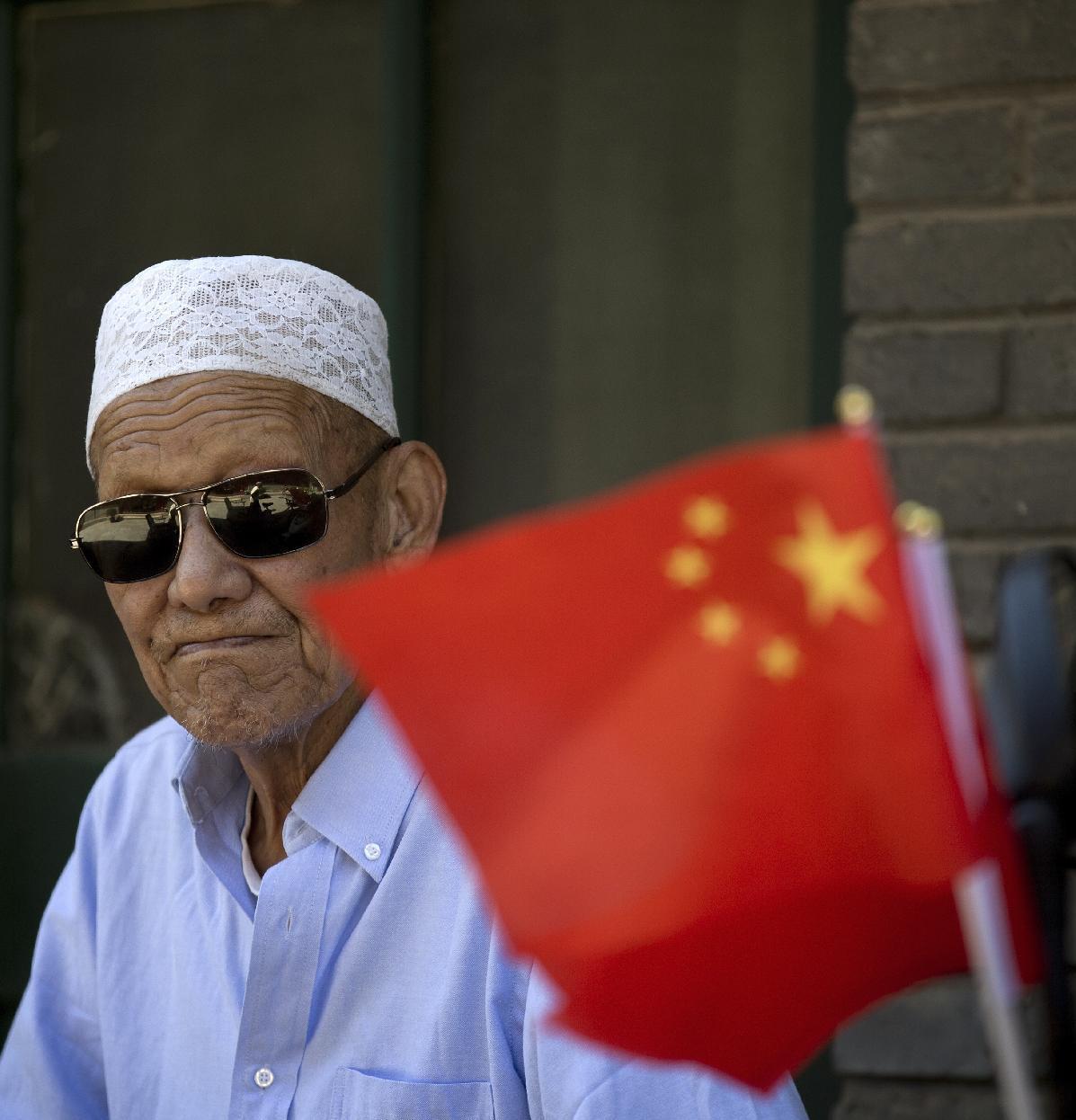Why China restricts fasting by Xinjiang Muslims during Ramadan
In an attempt to clamp down on religious expression, China has restricted fasting during the Islamic holy month of Ramadan in the Xinjiang region, which is largely Muslim. China has banned civil servants, students, and teachers in the far west region from fasting during Ramadan and ordered restaurants to stay open, Agence France-Presse reported on Thursday. Muslims around the world celebrated the start of Ramadan on Thursday. They are required to fast from dawn to dusk, but China’s ruling Communist Party is trying to restrict the practice in Xinjiang. AFP reports that officials in the region’s Bole county were told not to “engage in fasting, vigils or other religious activities.”
Such prohibitions serve only to deepen the division between Uighurs and the rest of the Chinese community and fuel further resentment of the state.
The World Uighur Congress
The demographic shift and government repression have triggered waves of violence in the region for more than two decades. In 2009 more than 200 people were killed during protests in the region, and in the spring of 2014 a series of high-profile attacks killed at least 60 people. Beijing has since tightened its grip on Islamic practices. Last year it also banned students and civil servants from fasting during Ramadan. Last May a UN human rights investigator expressed his concern over China’s restrictions on Islam, saying these policies have provoked unrest in Xinjiang. China argues that it is fighting “religious extremism and terrorism” in the region.

World ramadan